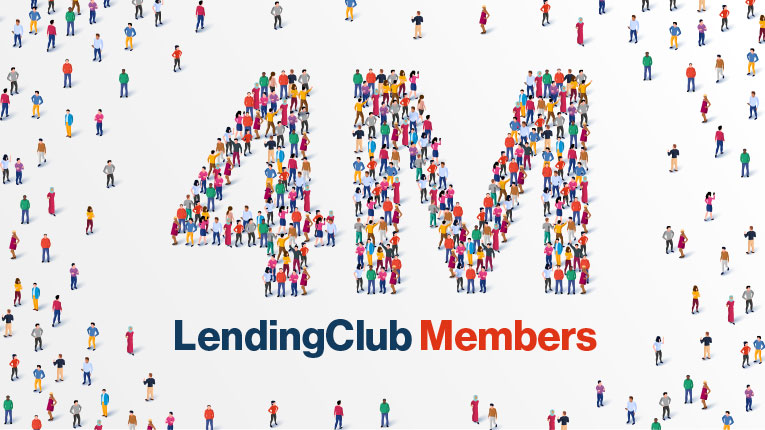{noun} A record of borrowing and repayment activity over a period of time that reflects your ability to manage and pay your debt obligations.
Credit History
What Is Credit History?
Your credit history is a record of borrowing and repayment activity over a period of time that reflects your ability to manage and pay your debt obligations. Companies check your credit history by reviewing your credit report, which details information about the number and type of your credit accounts, amounts owed, available credit used, payment history, account opening date, recent credit inquiries, and whether you have any bankruptcies, liens, collections, or judgments.
Your credit history results in a credit report and credit score. Creditors use these to determine whether to extend you additional credit based in part on how well you’ve handled past financial obligations, among other factors. For example, creditors, landlords, and insurance companies typically review your credit report when you apply for a new loan, line of credit, or financial obligation.
How Do You Build Credit History?
Building credit history isn’t something that can be done overnight; it’s something you build over time.
As you open new accounts, creditors report your accounts to one or more of the three major credit bureaus: Equifax, Experian, and TransUnion. Creditors may then report your payment history to the credit bureaus, typically updating your information every 30 to 45 days.
Over time, your payment and account history paints a financial picture as part of your credit report that creditors look at to help them determine your credit risk.
How Is Credit History Related to Credit Score?
Your credit report, which contains your credit history, is used to calculate your credit score—a numerical snapshot of your financial history. A long history of on-time payments and responsible debt management tends to help your score. A short credit history or a spotty financial track record including late payments, collection accounts, and other financial red flags tend to hurt your credit score.
Since your credit history is an ongoing financial story, it can and will change over time. From the day you open your first credit account, your credit history builds. If you make a late payment or experience a financial rough patch, you can continue to rebuild your credit history with a track record of on-time payments.
https://blog.lendingclub.com/how-often-credit-score-updateMuch of the information in your credit reports come directly from your creditors, such as lenders, banks, and credit card issuers. These companies send updates to the credit bureaus with new information about your credit history every 30 to 45 days.
Why Is Credit History Important?
Checking credit reports and credit scores is one way lenders and others evaluate your creditworthiness and determine your credit risk.
If you have a short or poor credit history, you might:
Pay a higher interest rate when borrowing money
Find it difficult to be approved for loans or credit cards
Have challenges when applying for a new lease on a home or apartment
Suffer setbacks when applying for a job
Be required to make a substantial cash deposit for certain utilities
A positive credit history may help you:
Get approved for credit
Qualify for bigger loans or higher credit limits
Receive lower interest rates or more favorable credit terms
Qualify for credit cards with rewards and perks
Pay less for home, renters, or auto insurance
Rent a house or apartment
Get a job
How to Check Your Credit History
You can get free copies of your credit reports from Equifax, Experian, and Transunion by visiting AnnualCreditReport.com or calling 877-322-8228. As of the date of this writing, all three credit bureaus continue to offer free online credit reports once per week.
What Does My Credit History Show?
Your credit report typically shows:
Personal identifying information:
Name, former names and name variations
Date of birth
Social Security number
Current and previous addresses
Phone number
Credit accounts:
Current and closed credit accounts
Amount of loan or credit limit
Current balance
Payment history
When the account was opened
Negative information (if applicable):
Accounts in collections
Foreclosures within the past 7 years
Bankruptcies up to the past 10 years (or more in certain instances)
Late payments
Inquiries:
If someone has checked (or “inquired into”) your credit report within the past 2 years, that will be listed.
Why Should I Check My Credit Report?
Credit reports sometimes have errors that can negatively affect your credit score, which can make it harder to get credit.
For this reason, it’s wise to check each credit bureau’s credit reports at least once a year and review them carefully. If you find incomplete or incorrect information, contact the appropriate credit bureau to file a dispute. (And if you find an error in one bureau’s credit report, check the other two.)
Discovering an account you don’t recognize on your credit report could be a sign of identity theft or other fraud. Contact the creditor and the Federal Trade Commission for information and to learn how to proceed.
What If You Don’t Have a Credit History?
You need credit in order to build a credit history. If you’re a student, don’t have a credit account, or have never borrowed money or used credit cards, you won’t have a credit history. Fortunately, building a credit history isn’t difficult.
Making timely payments on a student loan is one way to build a credit history; another is to take out a credit-builder loan. You can also ask a friend or family member with good credit to add you as an authorized user on one of their credit cards. Applying for a store credit card or secured credit card is also an option; these cards are generally easier for people without credit histories to obtain.
To build a positive credit history, make your loan and credit card payments on time. With each passing month and year, you’ll build a stronger credit history, which can open many financial doors.
You May Also Like










